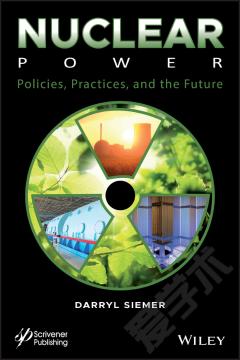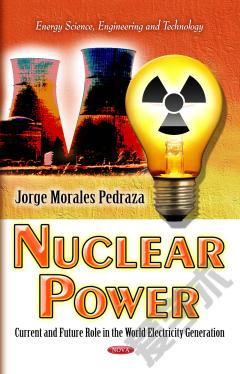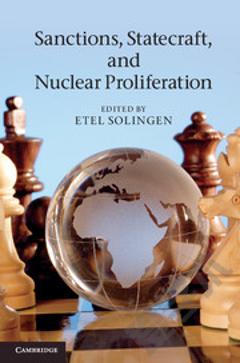Nuclear Power —— Policies, Practices, and the Future
----- 核电:政策、实践与未来
As the world’s energy sources continue to develop, with less reliance on traditional fossil fuels and more reliance on cleaner, more efficient, alternative energy sources, nuclear power continues to be a dividing point for many people. Some believe it is the answer to our energy problems for the future, while others warn of the risks. Written by a retired scientist who spent most of his career at the Idaho National Laboratory (INL), this book aims to delve into the issues surrounding nuclear power and dispel its myths, while building an argument for why the United States should develop a nuclear power plan for the future. As a “whistleblower,” the author spent much of the last ten years of his career at the INL raising concerns about how its mission of serving as the Department of Energy’s lead laboratory in radioactive waste management was not being properly managed. While the United States continues to tread water on the issue of nuclear energy, the author believes that a nuclear “renaissance” is not only possible but is necessary for meeting the world’s growing demand for energy, especially clean energy. With fossil fuels slowly dying out and renewable energy sources not able to handle the demand for a continuously growing energy-consuming public, nuclear is an obvious solution. This book is a must-have for any engineer working in nuclear power, students hoping to go into that industry, and other engineers and scientists interested in the subject. This book is both “technical” and “political” because they’re equally important in determining what actually happens in institutions dealing with technical problems.
{{comment.content}}








 京公网安备 11010802027623号
京公网安备 11010802027623号